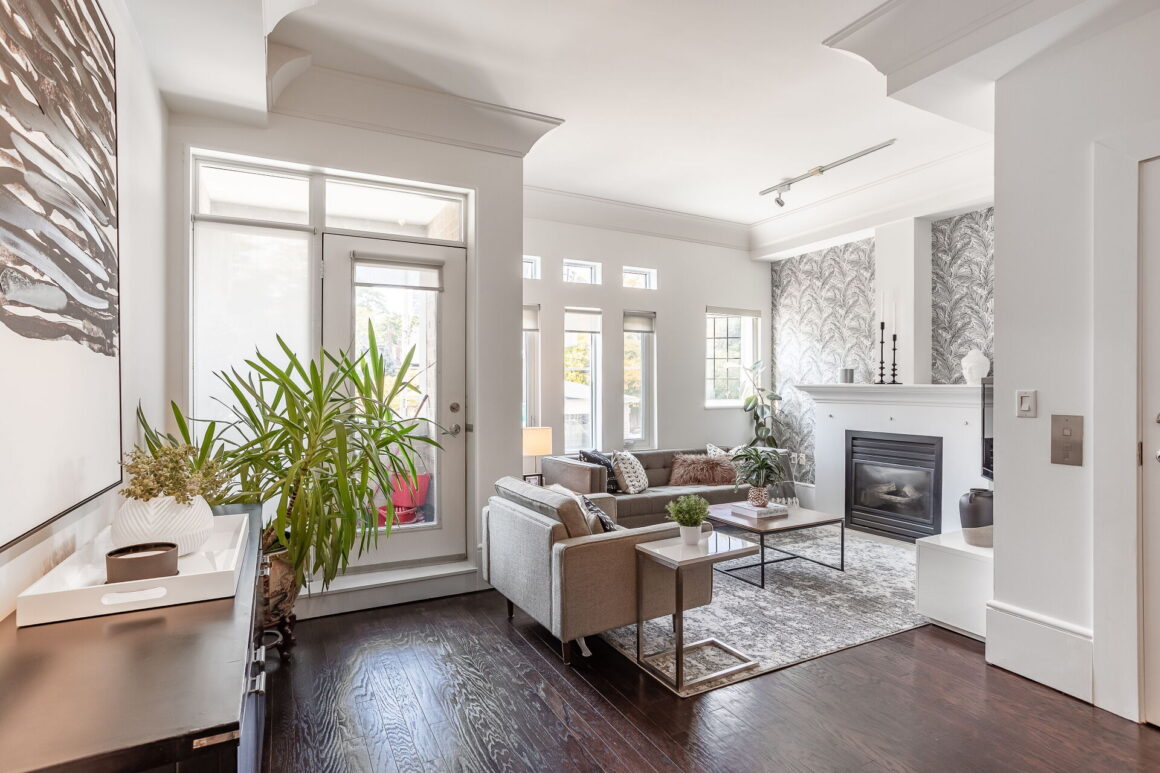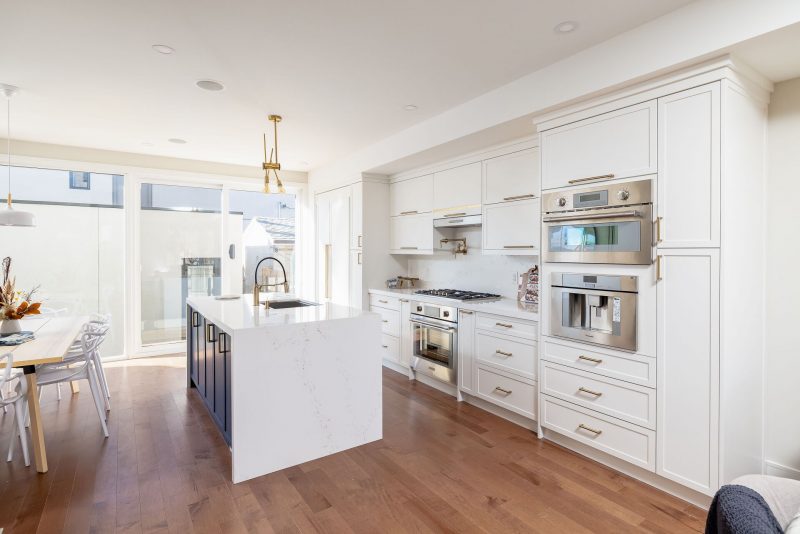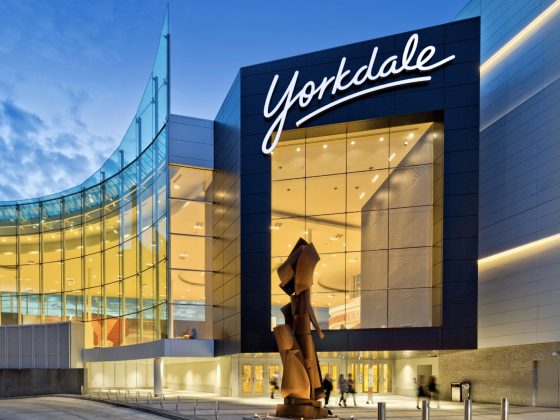Canadian home sales and prices are on the rise – again. After a brief lull in activity last spring due to the onset of COVID-19, the Canadian Real Estate Association’s September 2020 data reveals that transactions rose a whopping 45.6 per cent year-over-year. With a persistent shortage of new listings hitting the market, prices also increased nationally, to the tune of 17.5 per cent, to a new high of $604,000. This is despite the global pandemic, its economic aftermath and now, a second wave. That tells us two not-unrelated things about Canadian real estate – it continues to be a safe investment, and it’s still in high demand.
In Canada’s hottest housing markets such as Toronto, average home prices have long surpassed the million, current-dollar mark, currently more than double the national average, per the Toronto Regional Real Estate Board’s. We all know that property in large urban centres, such as Toronto, Vancouver and Montreal comes at a premium, but how much is too much?
ADVERTISEMENT |
The value of real estate is not to be confused with its cost. Cost refers to the actual price of a property based on its size and structure. The value is what someone is willing to pay for that property under current market conditions. This amount fluctuates based on a number of variables, including (but not limited to) supply and demand, lending rates, economic factors and even social trends. And because a home is such a personal thing, emotions also play into what someone is willing to pay.
So, back to the million-dollar question. How much is too much? Here are 3 things that factor into your answer.
ADVERTISEMENT |

What is the home worth? If you’re buying or selling a home, your Realtor will do a comparative market analysis (CMA), which tells you what similar homes in the same neighbourhood have sold for recently, to estimate the market value of a given property. The value then adjusts up or down, depending on the age of the home; whether it is a fixer-upper or move-in ready; the number of other listings and buyers in competition; and the features of the home like the number of bathrooms, the type of kitchen, whether it has a pool, etc. These factors will impact your home’s future resale value, so ensure the upgrades are worth what you’re paying for them. Most people would be unwilling to pay extra for a home with solid gold faucets. Just sayin’.
How much can you afford? Most mortgage lenders determine this by calculating your Gross Debt Service ratio (total housing costs divided by your income) and your Total Debt Service ratio (your GDS plus other expenses and debts, divided by your income). As of July 1st, 2020, Canada Mortgage and Housing Corp. changed its guidelines for GDS and TDS limits on its insured mortgages. These rations are now 35% and 42%. That’s a pretty easy way to determine if you can afford the home, and still service your other financial commitments and lifestyle.
ADVERTISEMENT |
Last but not least… What is the home worth to you? This is a totally subjective question, and the answer is different for everyone. How badly do you want this house? In the current Toronto market, listings are at a low, with some regions experiencing less than one month of inventory. To put it mildly, the competition is cut-throat. A Realtor that’s worth their salt will keep your emotions(and offers) in check. Remember, a home is only worth what someone is willing to pay for it – not just you as the buyer, but future buyers as well.
The moral of the story is to keep a level head and don’t let your emotions throw you off the rails. The current real estate market has repeatedly taught us that the right home, in the right neighbourhood and purchased at the right price, will always be a wise investment.
ADVERTISEMENT |
ADVERTISEMENT |






